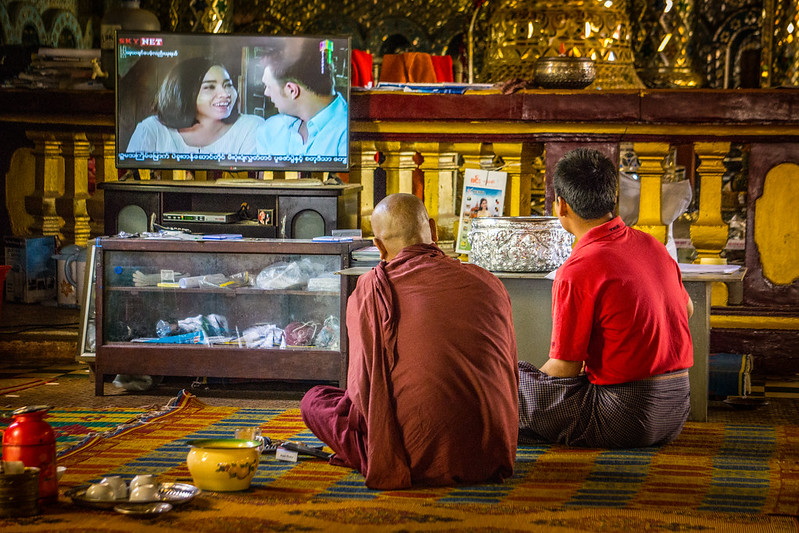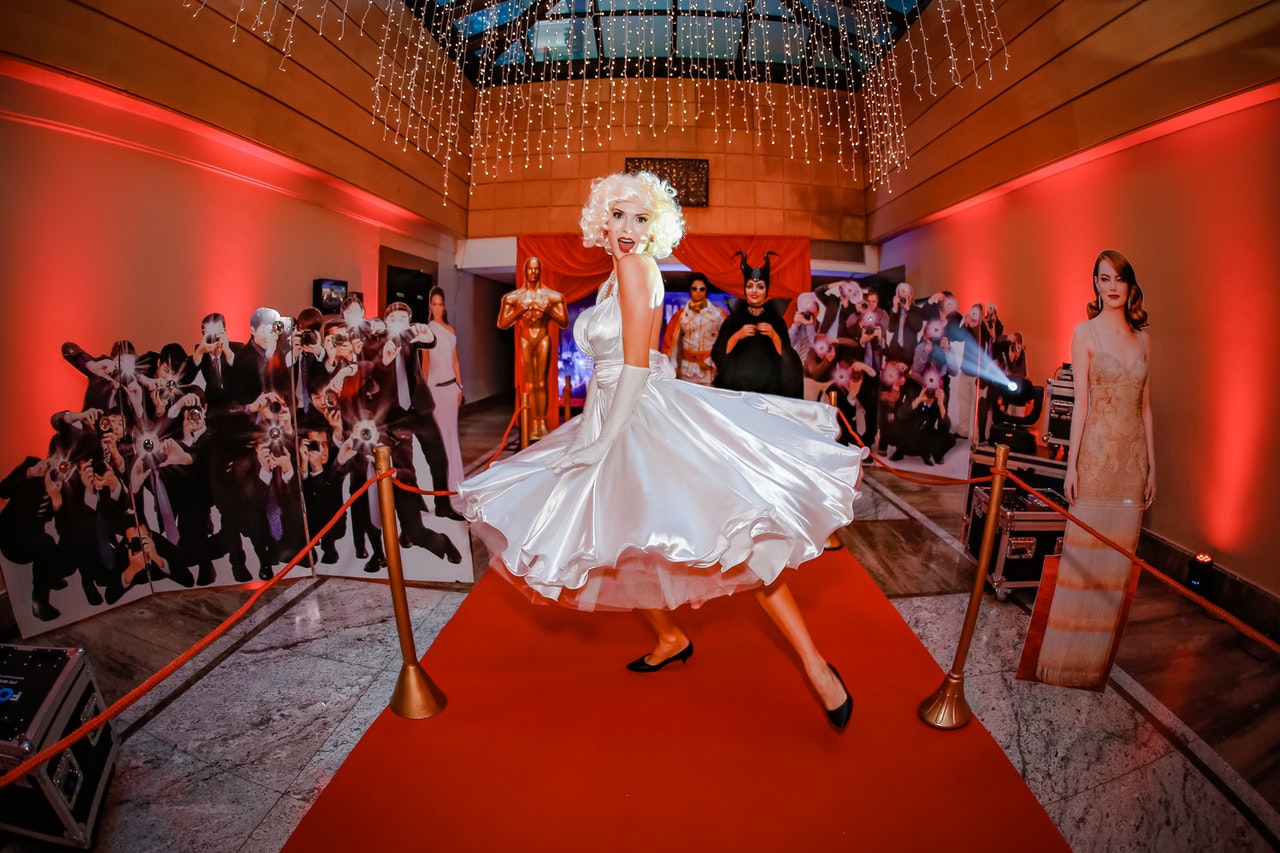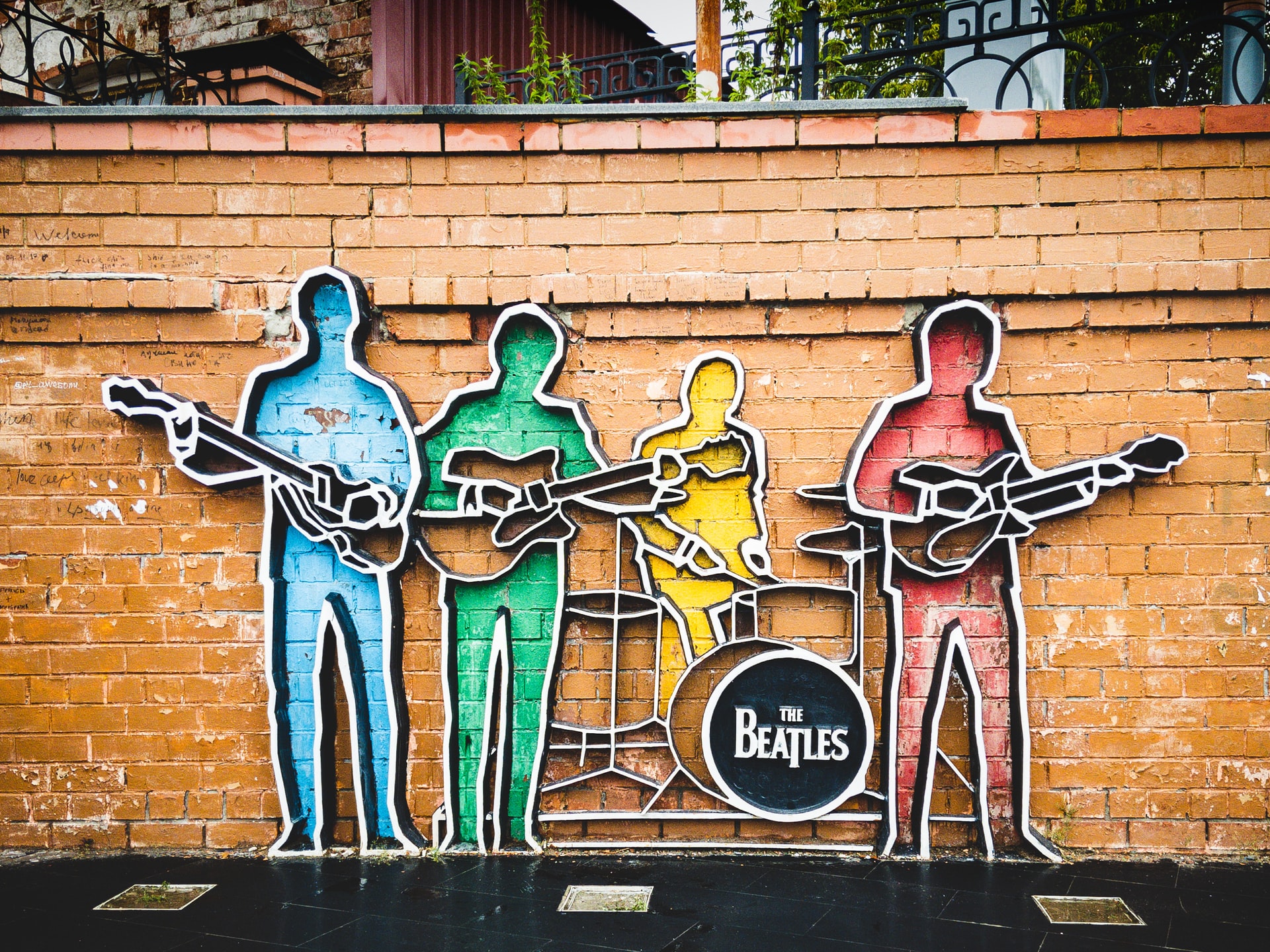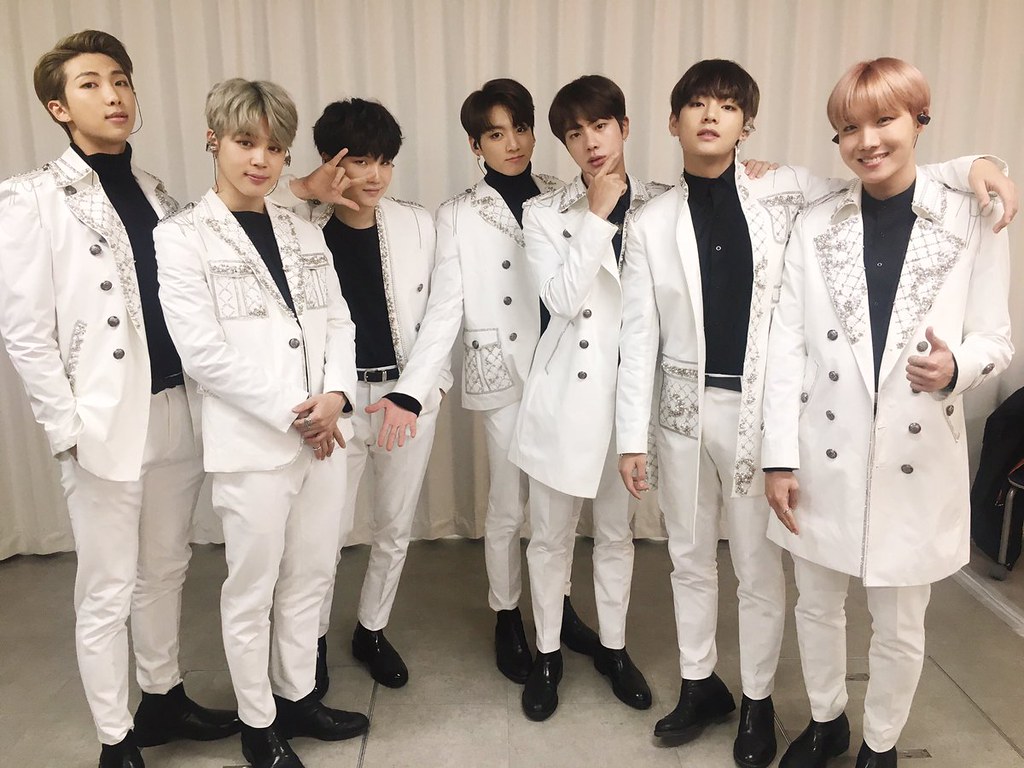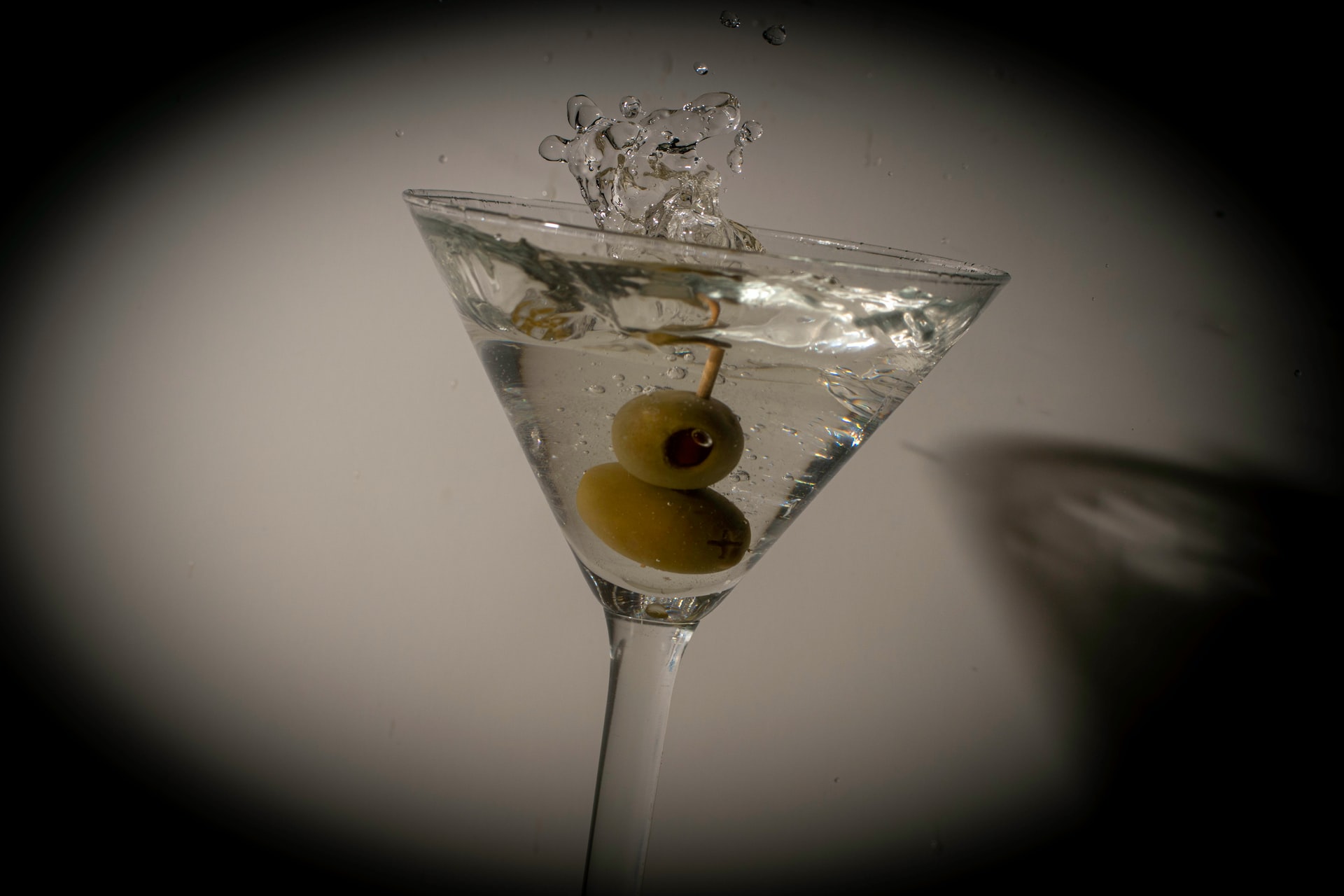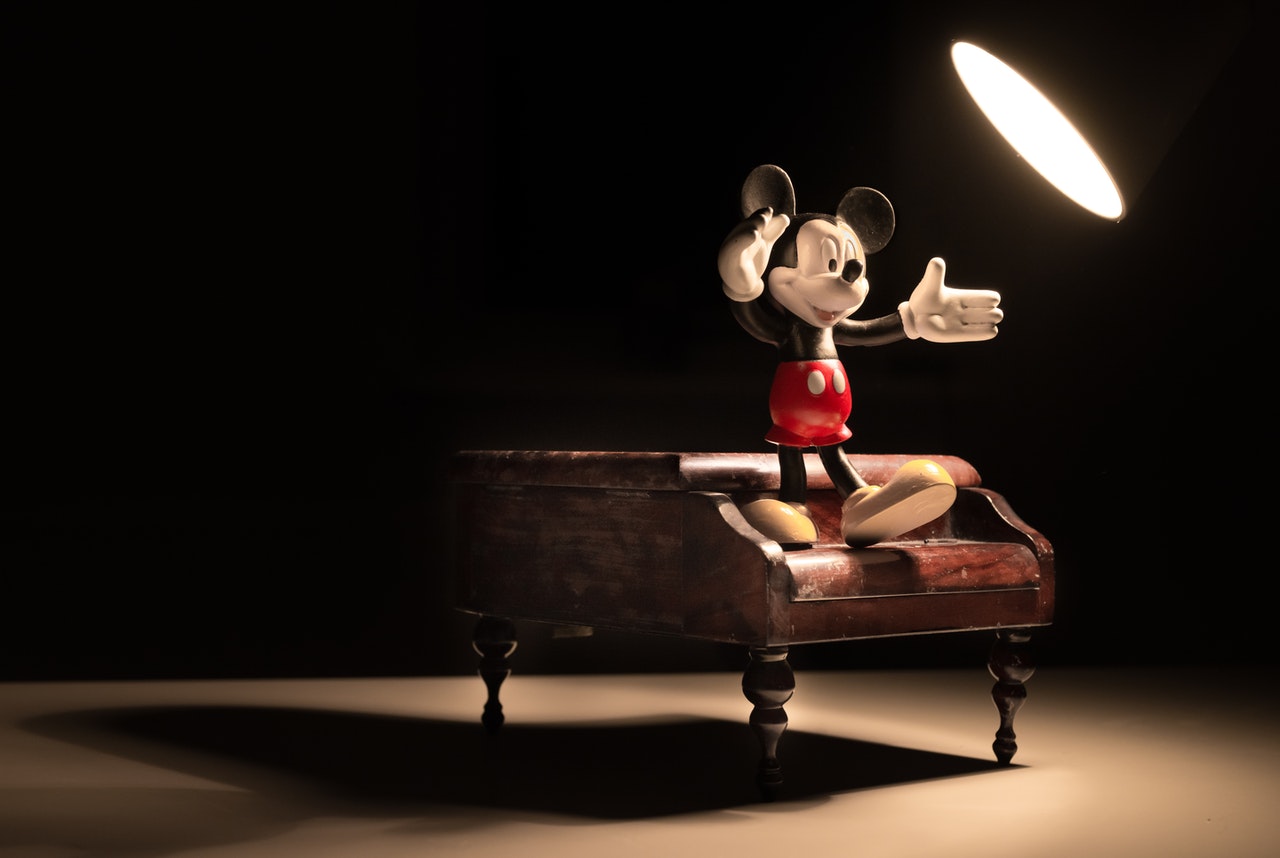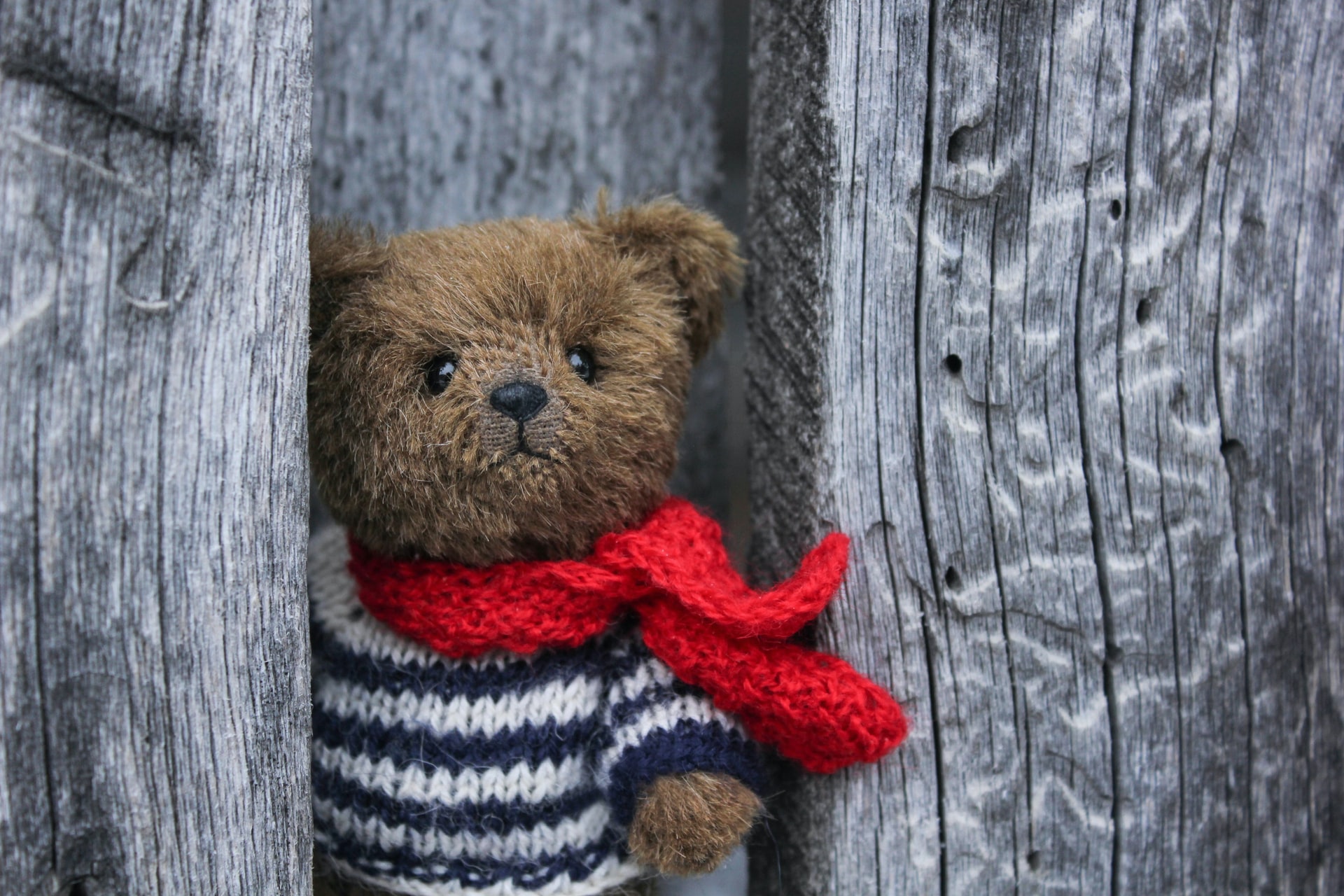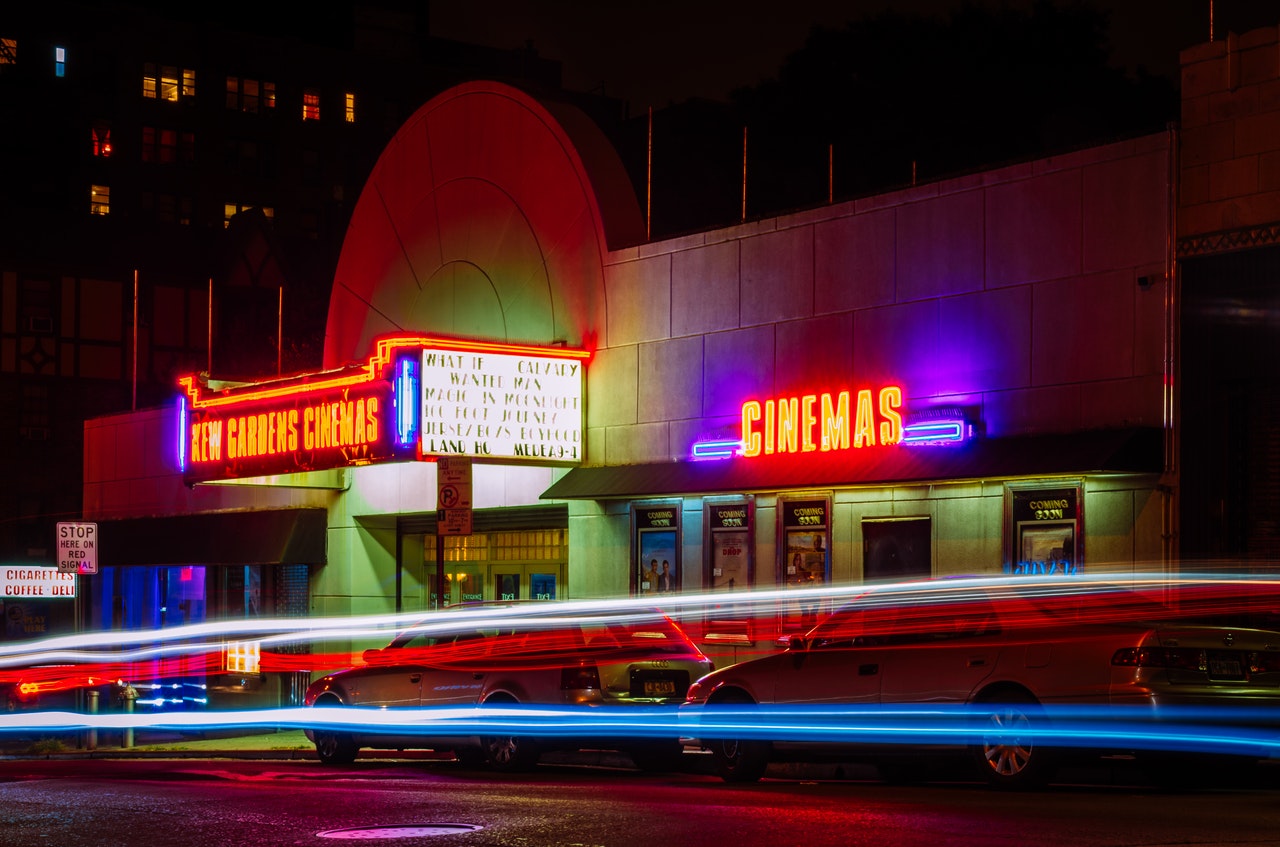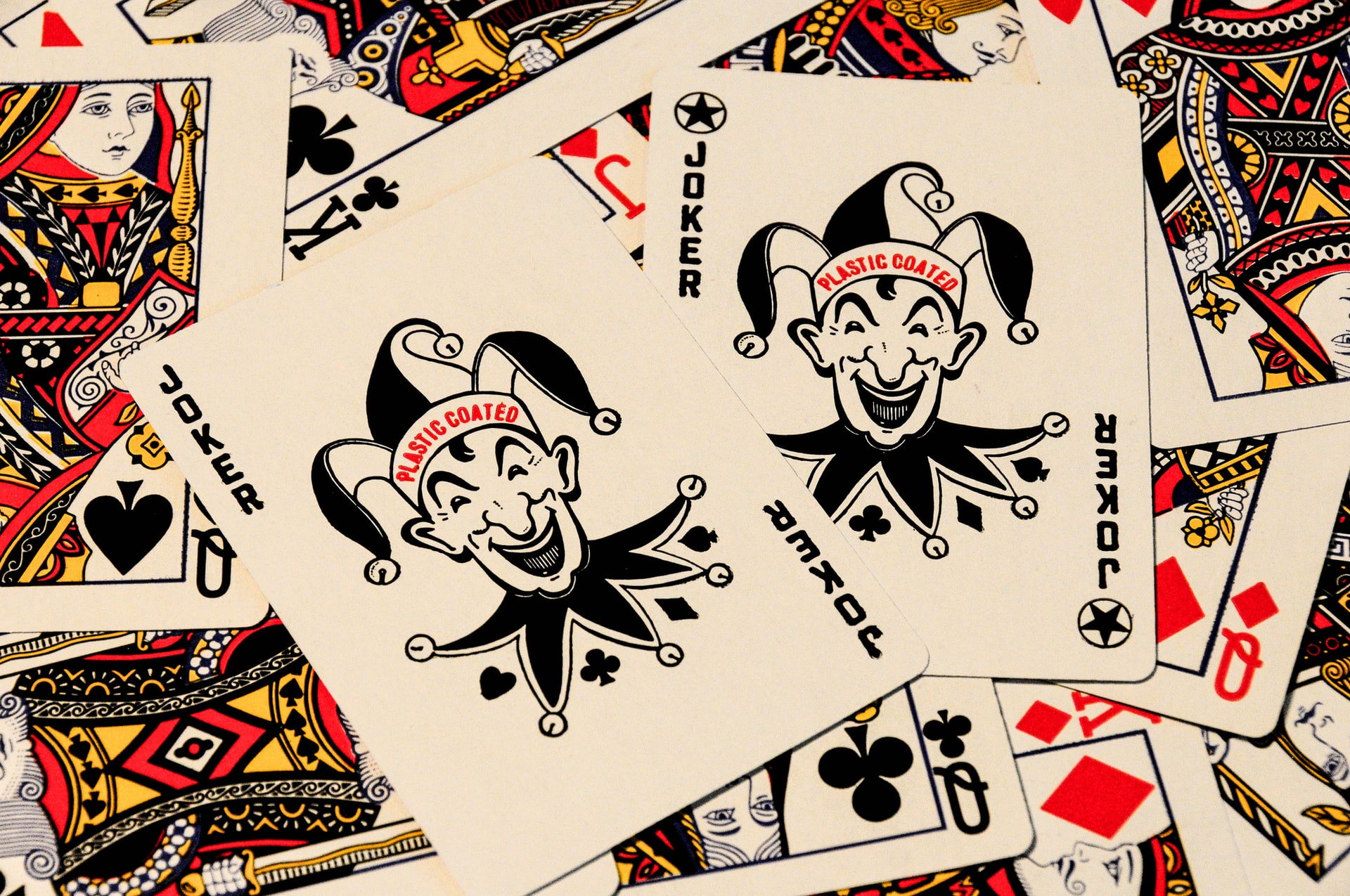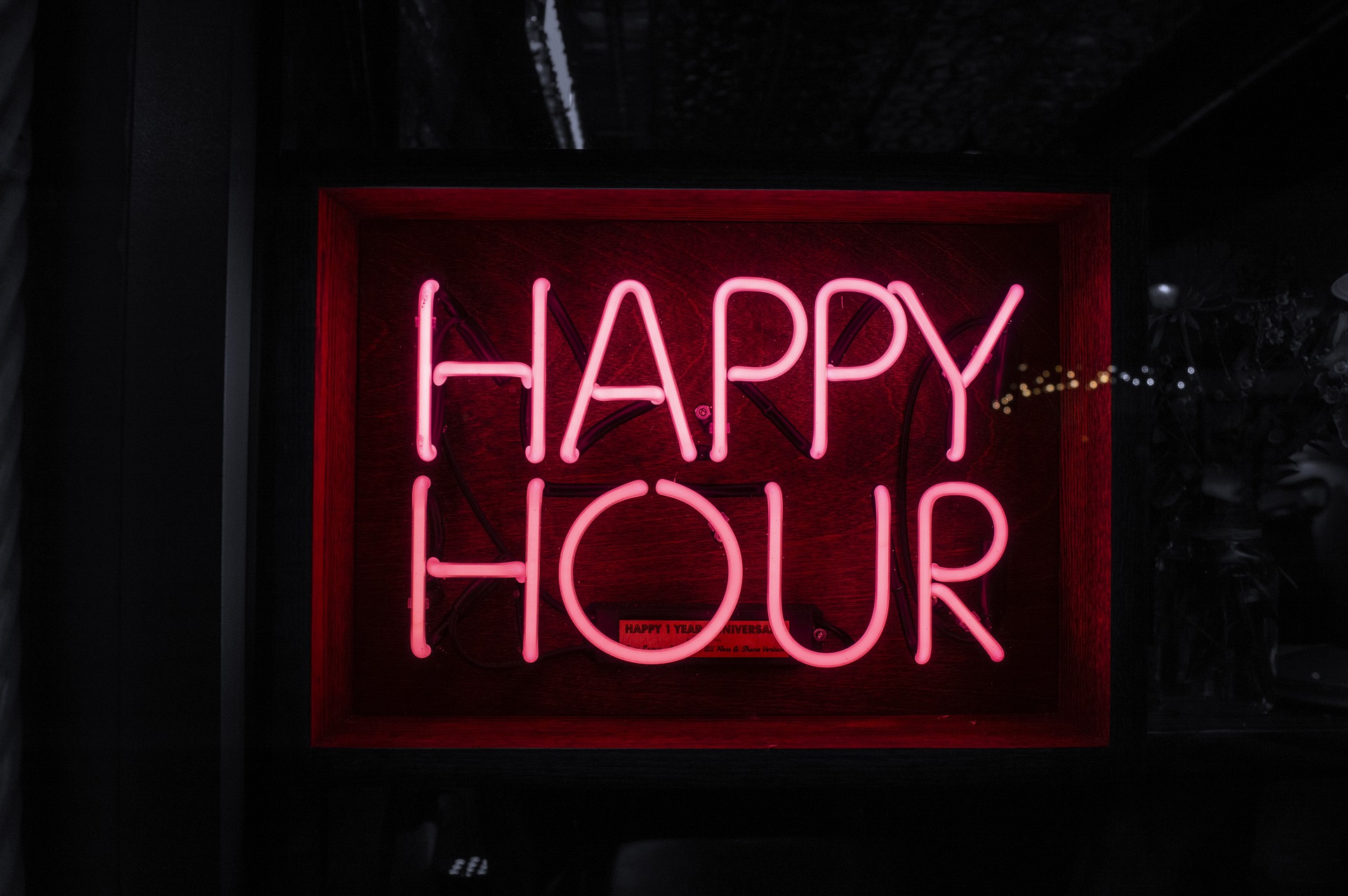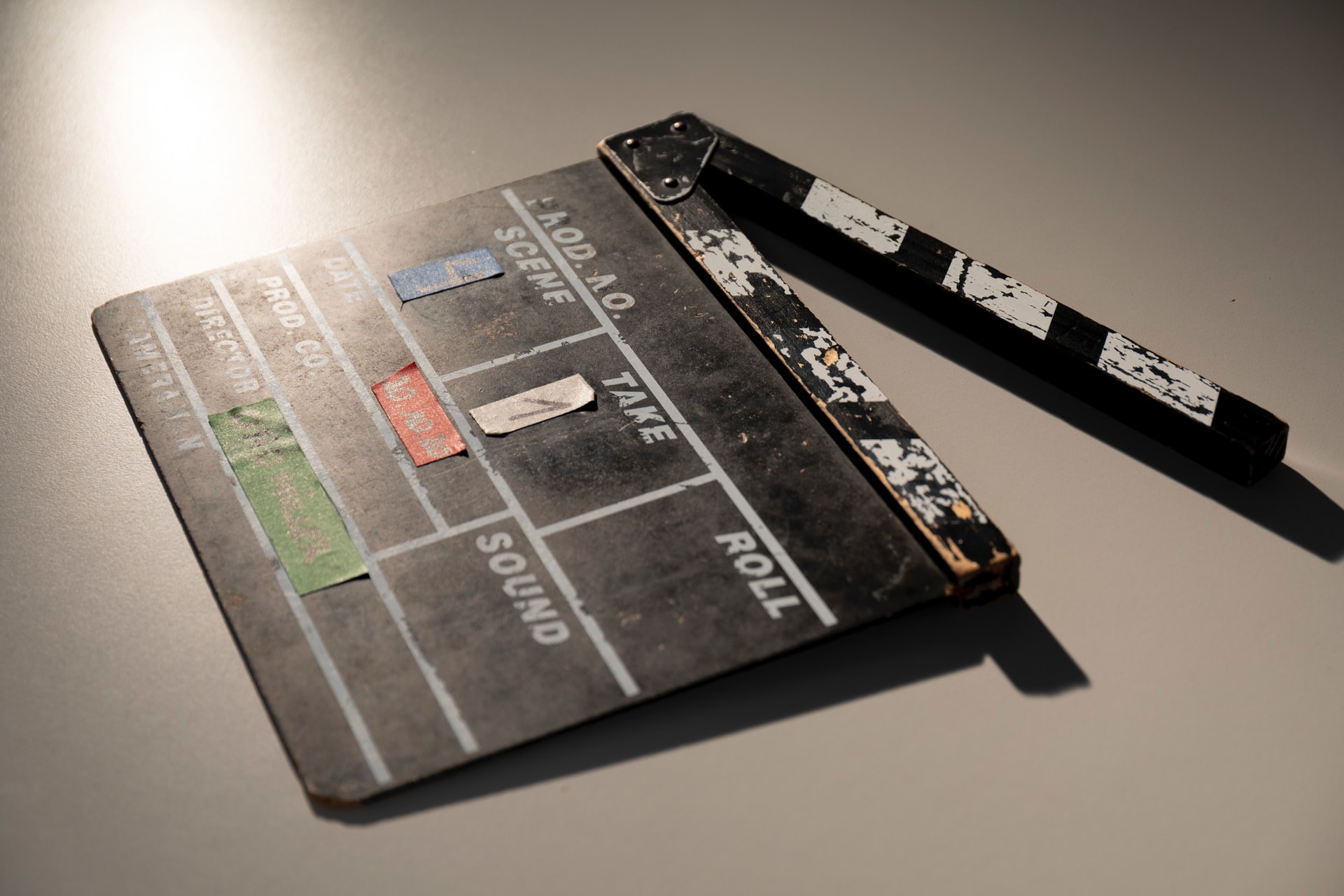Reading Time: < 1 minutes
- While the term ‘soap opera’ is broadly used today to mean a radio or TV drama series dealing with domestic situations, in the beginning, soap opera was used to refer to ‘daytime’ serials (and not evening serials).
- The word opera meaning “work” in Italian was first used in the musical/theatrical sense in 1639 (musical work = opera).
- Opera, since then, has been used to refer to a kind of theatrical performance in which music plays a leading role.
- And some of the most popular operas by great music composers such as Mozart (1756-1791), Verdi (1813-1901), and Puccini (1858-1924) revolved around people and family stories.
- It is from here that the term ‘opera’ was picked up for radio and TV serials, which depicted the interconnected lives of many characters in a sentimental, melodramatic way.
- Now, in the 1920s and the 1930s, a number of such serials were broadcast on radio during the daytime, targeted mainly to housewives.
- And with housewives as the audience, radio stations began pitching advertising space on the radio to manufacturers of household products.
- Procter & Gamble (P&G) was the first major advertiser to sponsor one of the daytime dramas for its Oxydol soap powder (a laundry detergent).
- It didn’t take long for other soap and household goods manufacturers to start sponsoring/advertising on daytime shows.
- Since too much ‘soap’ sponsorship was happening (P&G sponsored around 20 shows over the next few years and also produced a few daytime shows), the name ‘soap opera’ stuck.
- While the term ‘soap opera’ to refer to these shows was used for the first time in 1939 in Los Angeles Times, the first program to be considered a soap opera is Pained Dreams (1930).
Image courtesy of Andrea Pepoli through Flickr

